Master the Diagnosis and Treatment of Pituitary Tumors
Enroll in the course and gain instant access to materials
Explore foundational and advanced neurology topics through dynamic and engaging video modules.
Apply your knowledge in clinical practice with confidence and precision
Why This Course is Right for You:
Whether you’re an endocrinologist managing complex hormonal disorders, a neurosurgeon evaluating surgical approaches to sellar tumors, or a general practitioner seeking to deepen your knowledge of pituitary pathology—this course equips you with practical, up-to-date, and multidisciplinary insights.
- Clinically Relevant: Learn how pituitary tumors impact multiple organ systems and how to recognize subtle signs that may otherwise go undiagnosed.
- Expert-Led Sessions: Benefit from lectures, case-based talks, and Q&A with renowned specialists from Weill Cornell Medicine.
- Cross-Specialty Value: Gain a comprehensive understanding whether your background is in endocrinology, internal medicine, family medicine, neurosurgery, or allied health.
- Evidence-Based Approaches: Stay current on the latest diagnostic tools, imaging techniques, and both medical and surgical treatments.
- Patient-Centered Care: Understand the patient journey with insights from real-world experiences and patient community voices.
This course isn’t just informative—it’s transformative for how you approach diagnosis, management, and patient support in pituitary disease.
What You Will Learn from This Course
By the end of this course, participants will be able to:
Describe the anatomical and physiological roles of the pituitary gland in human health and disease.
Recognize common and rare pituitary disorders, including hormone-producing and non-functioning adenomas, craniopharyngiomas, and Rathke cleft cysts.
Interpret imaging modalities such as MRI and PET scans in the evaluation of sellar and parasellar pathology.
Differentiate between medical, surgical, and radiation therapy options for various pituitary tumors.
Evaluate indications and outcomes for surgical interventions in both hormone-producing and non-hormone-producing tumors.
Identify hormone replacement strategies for patients with hypothalamic-pituitary axis dysfunction.
Assess ophthalmologic complications and visual symptoms related to pituitary tumors.
Understand the patient perspective, including lived experiences and community support resources for conditions like Cushing’s disease and acromegaly.
Apply case-based knowledge to develop comprehensive, patient-centered management plans.
Topics Covered in the Course
- Controversies In the Surgical Management of Craniopharyngiomas and Rathke Cleft Cysts.mp4
- CSRF The Cushing’s Community.mp4
- Medical Treatment for Hormone-Producing Tumors.mp4
- Medical Treatment of Aggressive Pituitary Adenomas and Craniopharyngiomas.mp4
- MRI Imaging of Sellar and Parasellar Pathology.mp4
- Ophthalmologic Evaluation of Patients with Pituitary Tumor.mp4
- Patient Experience Letty Cottin Interview.mp4
- PET Imaging of Pituitary Adenomas.mp4
- Pituitary Adenomas The Evaluation.mp4
- Radiation Therapy for Pituitary Adenomas and Craniopharyngiomas.mp4
- Surgical Outcomes for Non-Hormone-Producing Tumors.mp4
- Surgical Treatment for Hormone-Producing Tumors.mp4
- The Acromegaly Community.mp4
- The Hypothalamic-Pituitary Axis How and When to Replace.mp4
Target Audience
This course is intended for physicians in endocrinology, neurosurgery, internal medicine, family medicine, and general medicine, as well as physician assistants, nurse practitioners, medical students, interns, residents, fellows, and other sub-specialists and allied health professionals who desire to lead
What Others Are Saying
Don't Miss This Limited-Time Offer
BIG SALE
Get instant access for a special price-
14 Videos: 8 Hours, 06 Minutes
-
Full HD Videos
-
Lifetime Access
-
Save $575
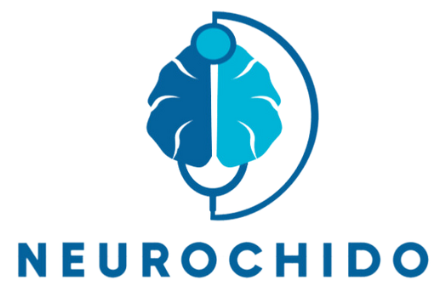
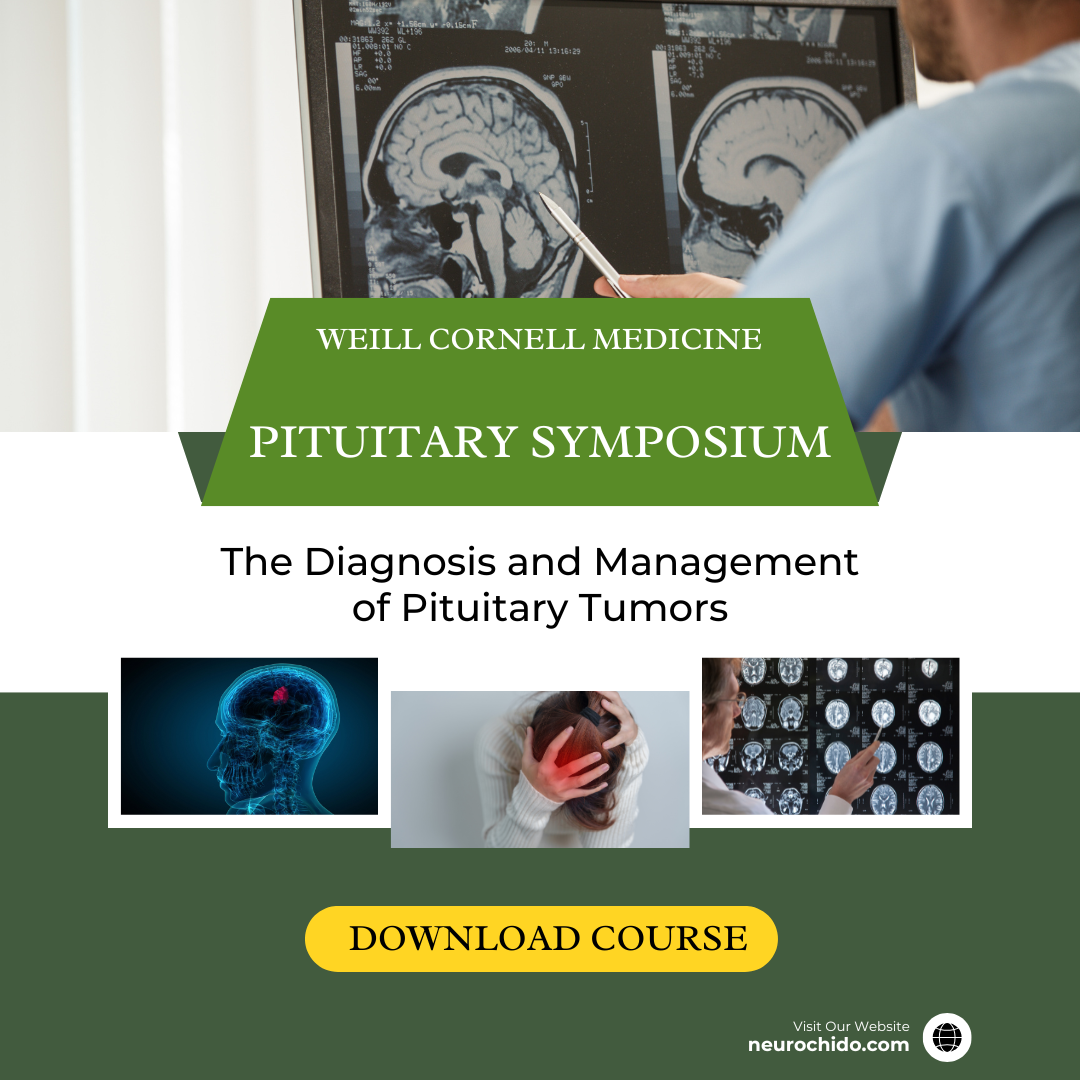
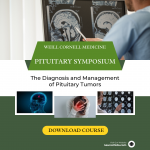
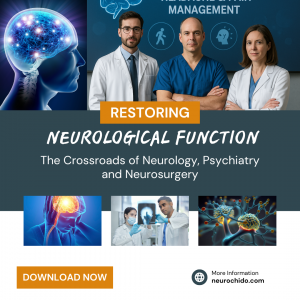
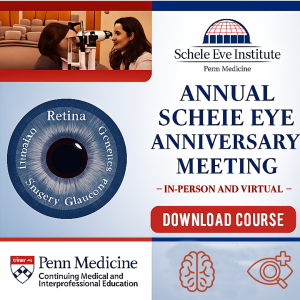
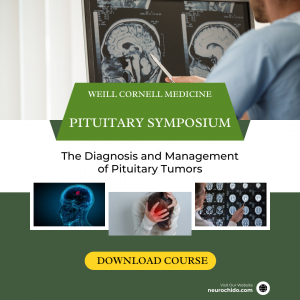
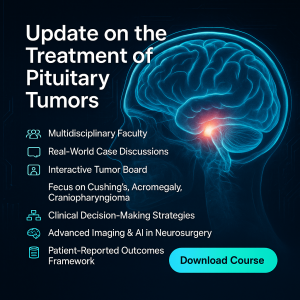
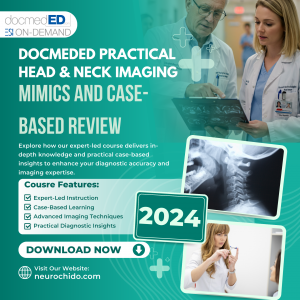


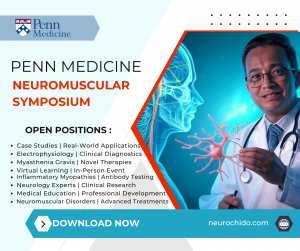
16 reviews for Medical College 6th Annual Weill Cornell Medicine Pituitary Symposium The Diagnosis and Management of Pituitary Tumors